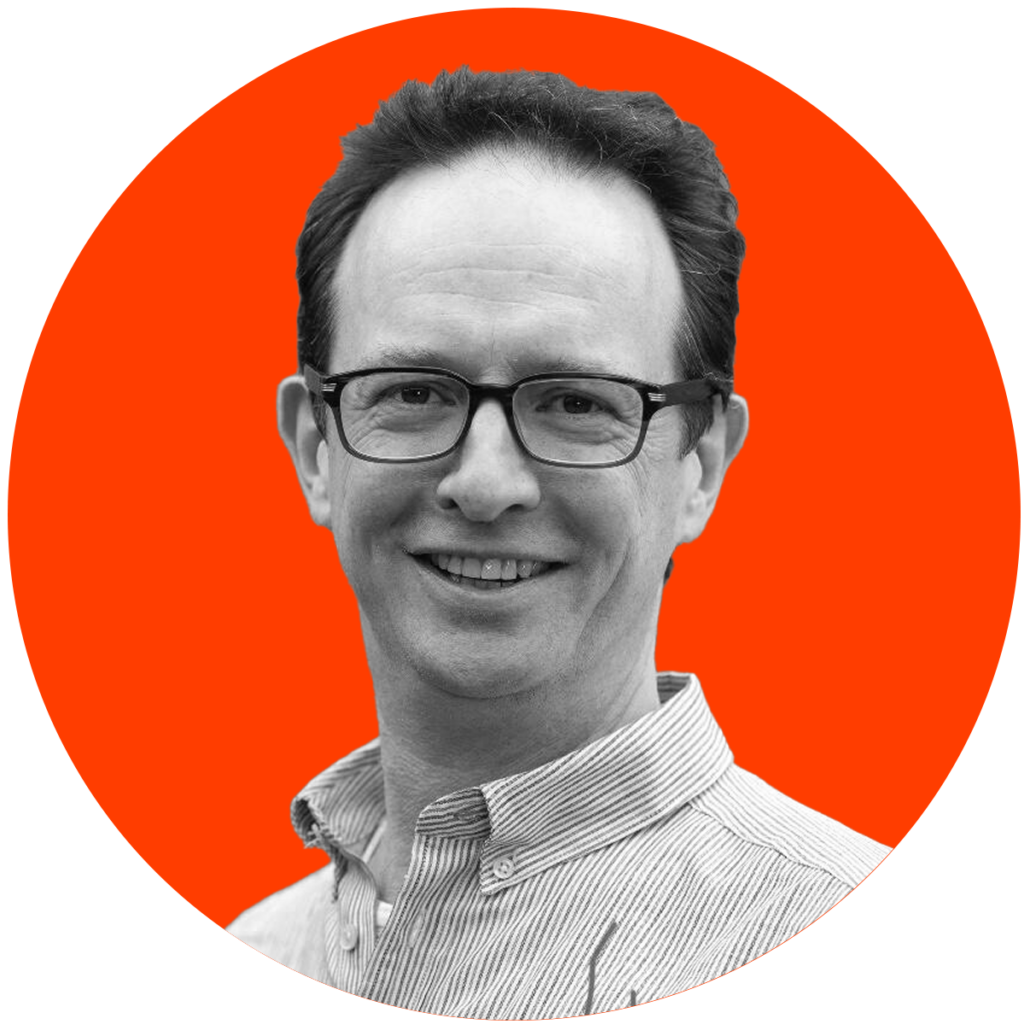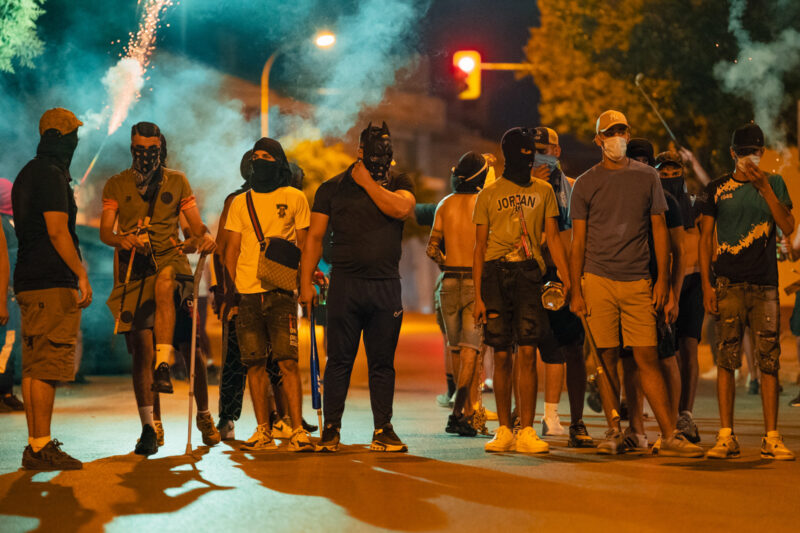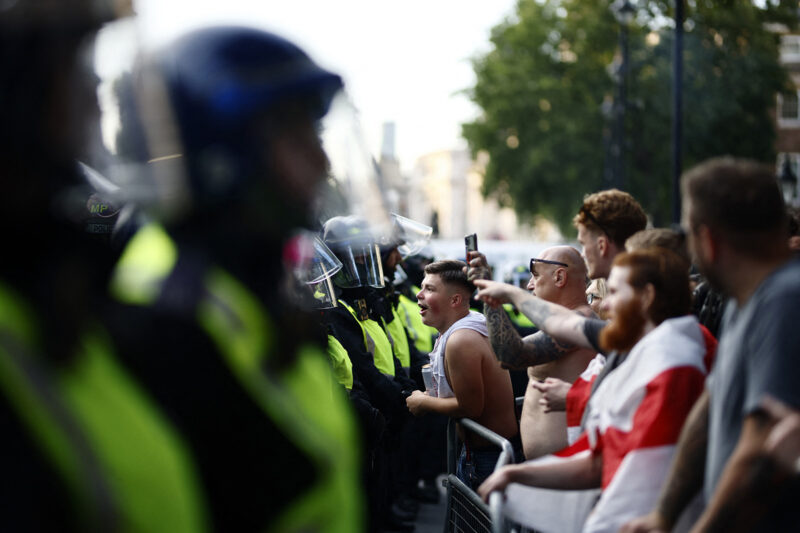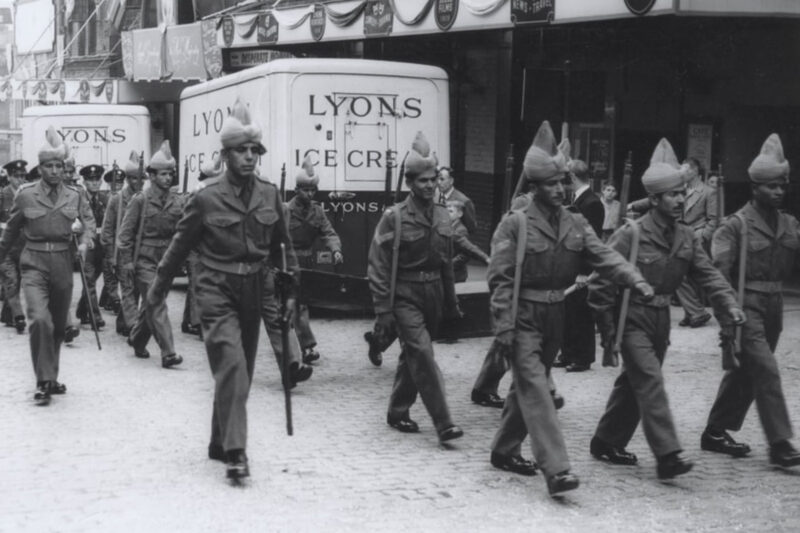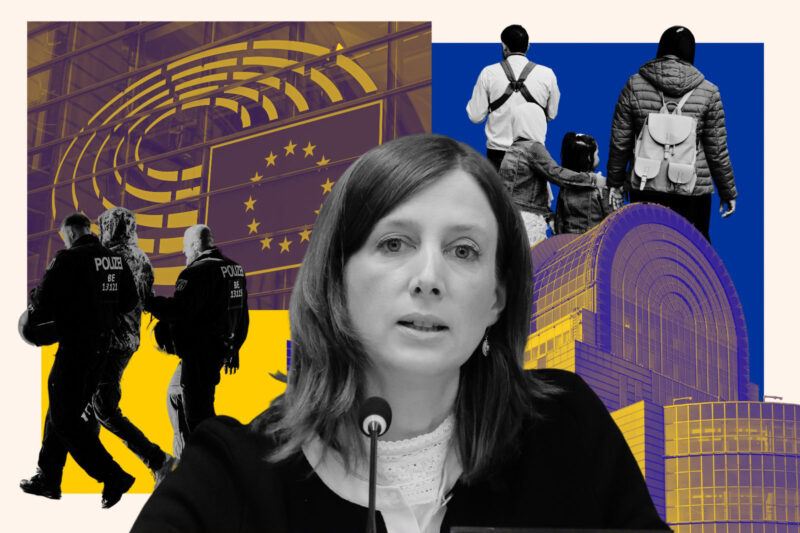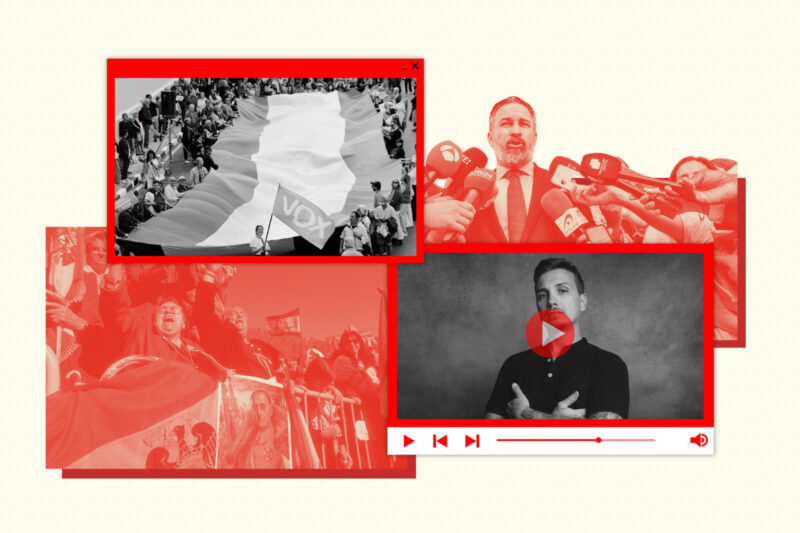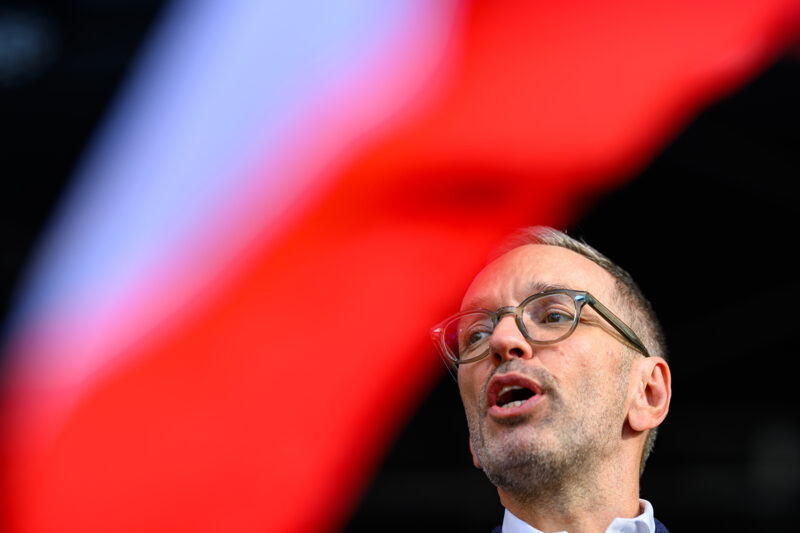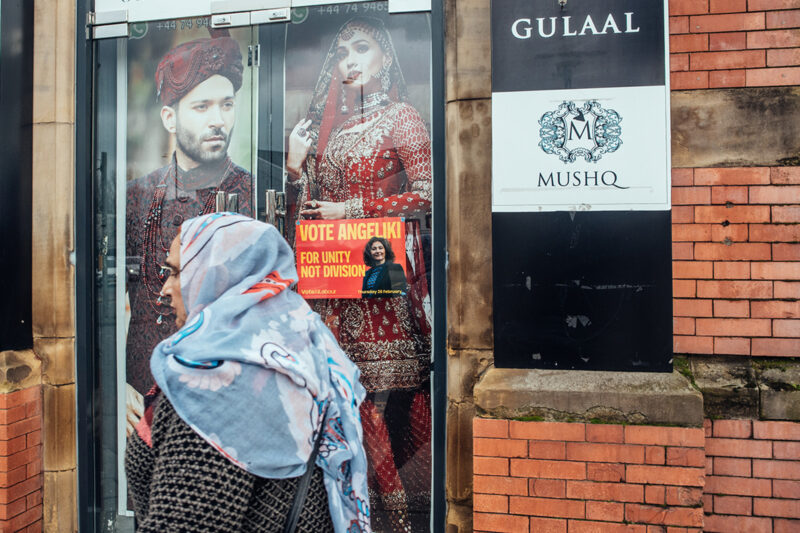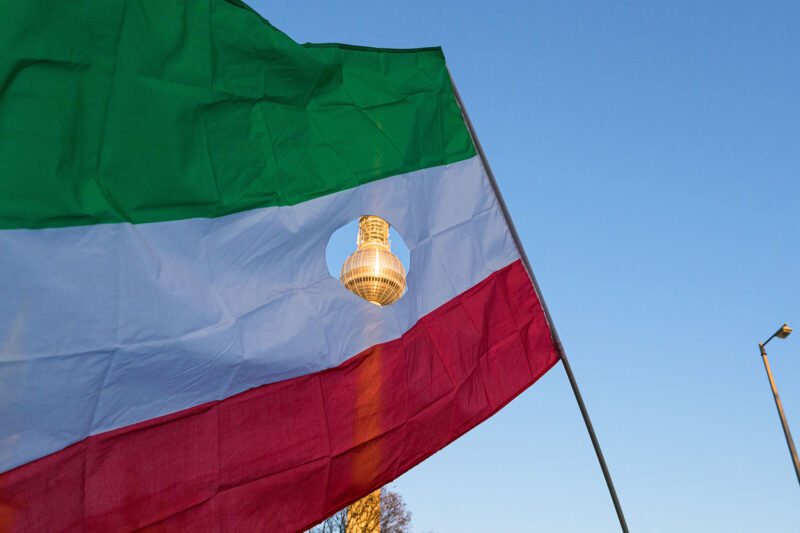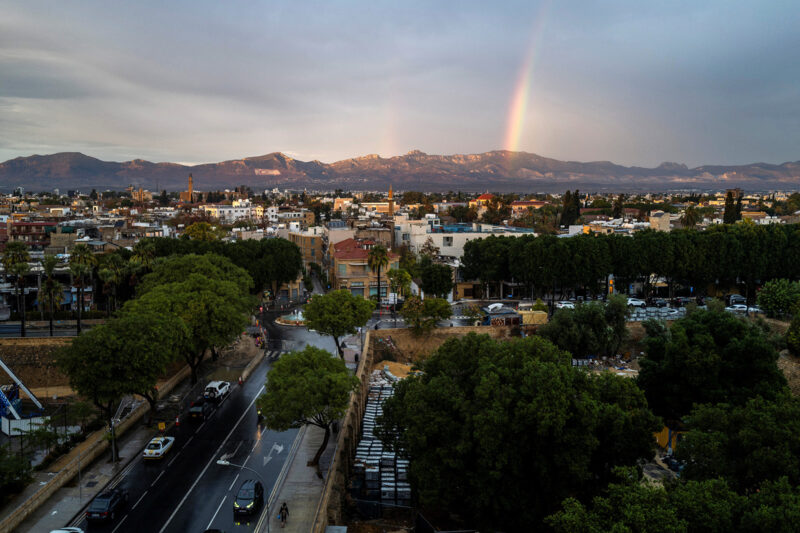‘It’s time for the new Irish people like myself to sit at the table’
Shocked by the violence during last year’s anti-immigrant riots in Dublin, imam Umar Al-Qadri hopes to heal his community by running as an independent in next week’s general election
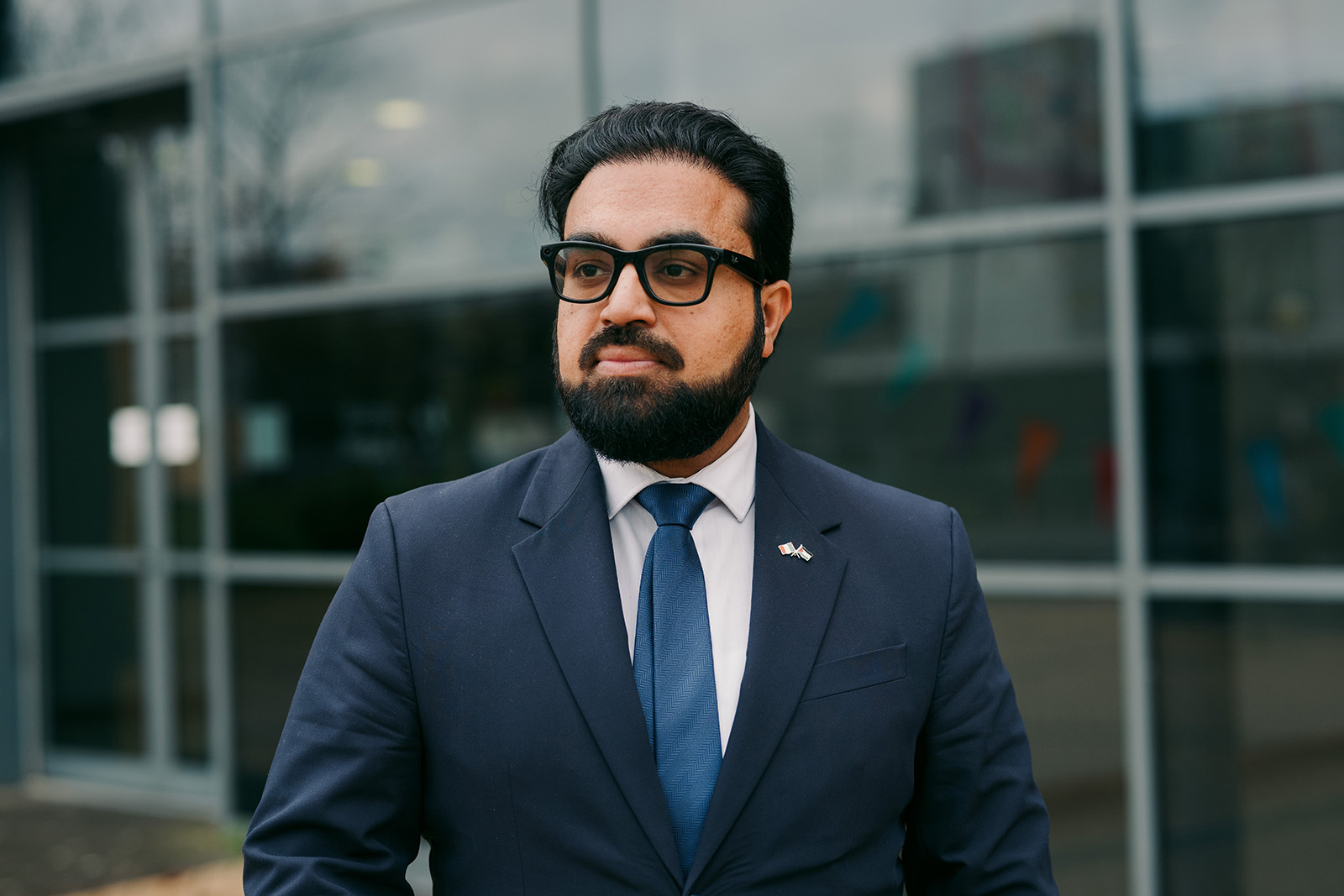
When Shaykh Dr Umar Al-Qadri picks up the phone, he wants to talk politics. He immediately begins to expand on the housing crisis facing many people where he lives in west Dublin, an issue that is the main talking point in Ireland’s general election campaign. He is soon in campaign mode, talking about his dream of a united Ireland and what he can offer its citizens.
In short, Dr Al-Qadri sounds like a politician. He has been the chief imam at the Al-Mustafa Islamic Educational and Cultural Centre Ireland since 2004 and is chair of the Irish Muslim Council. But if it wasn’t for events in Dublin a year ago, he wouldn’t have considered a career in politics.
On November 23, 2023, a five-year-old girl and two other children, along with their care assistant, were stabbed outside a school on Parnell Square in Dublin’s north inner city. The girl was seriously injured as passers-by rushed to intervene.
By the evening, Dublin was in flames, with rioters prompted by messages by far-right groups gathered in the city centre as rumours and disinformation swirled about the identity of the attacker — an Algerian man was subsequently charged. More than five hundred people took part in the riots, causing what the then taoiseach Leo Varadkar said could be “tens of millions” of euros worth of damage. Shops were looted, police cars and trams set on fire and 13 officers injured. Drew Harris, commissioner of Ireland’s police force, the Garda Síochána, described the rioters as a “lunatic, hooligan faction driven by a far-right ideology”. So far, 14 people have been convicted. Earlier this week, nearly a year after the riots, the Garda issued a plea to the public to help trace “99 people of interest”.
Members of Ireland’s migrant communities subsequently spoke about how they were frightened to leave their homes during the terrifying days after the riots.
For Dr Al-Qadri, it was a defining moment. More than 500 people worship at the Islamic Centre regularly. In the immediate aftermath of the riots, he advised Muslims to stay away from Dublin city centre, but he also realised he needed to take another path.
“Before that I’d never considered politics,” he told me, “but the riots were a big shock. It showed me that Ireland is not immune to racism or bigotry. Our communities need to be really vigilant to prevent it happening.”
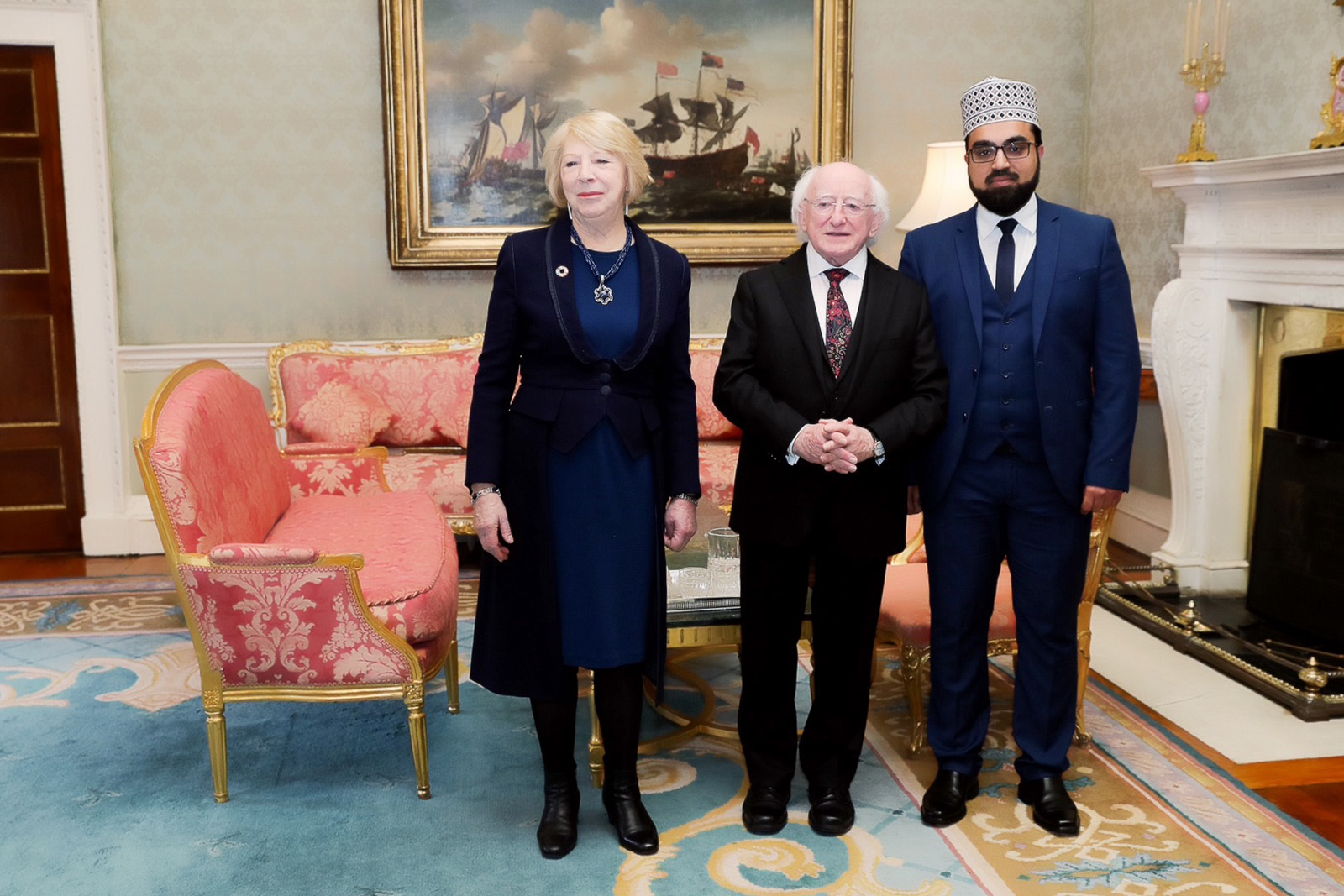
In June, he stood in the European parliament elections in the four-seat Dublin constituency, coming 13th at the initial count with more than 5,000 first preference votes before being eliminated on the 10th count. He is now running as an independent candidate in the Dublin West constituency in the Irish general election on 29 November.
Dr Al-Qadri has become an influential figure for Muslims in Ireland. He was born in Pakistan, but moved to the Netherlands when he was one and returned to his home country at the age of 14 to study theology. He returned to the Netherlands after completing his religious studies and in 2003, moved to Ireland, initially working in the accounts department for the Dutch company, Philips.
He believes that while Ireland has changed a lot since his arrival, integration needs to be a priority.
In 2020 during the pandemic, Dr Al-Qadri saw a picture online of Muslims in Germany praying in the car park of a branch of Ikea. He wondered how it could be done in Ireland and asked his followers on Twitter (now X) to suggest a similarly appropriate place. One person replied Croke Park, the Dublin headquarters of the Gaelic Athletic Association (GAA), where the All-Ireland Gaelic football and hurling finals take place every year. It was also where, on November 21, 1920, 14 people were killed by British forces on Bloody Sunday.
One hundred years later, the GAA opened its doors to the Muslim community for Eid in a ceremony that captured the imagination of people around the world. It has become an annual event attracting more than one thousand worshippers.
“This is the great thing about the GAA. Their motto is Where We All Belong,” Dr Al-Qadri said. “They showed that they consider people like myself and communities like mine — even though we are different and new — to be part of the community.”
Ireland’s immigrants are facing a sustained campaign of hatred from a growing far-right movement. Arson attacks have increased by 11% in the past year, with properties believed to be housing asylum seekers targeted more than 20 times.
Dr Al-Qadri hopes to be their voice in the Dáil, the directly-elected lower house of Ireland’s parliament, the Oireachtas Éireann. “It’s time for the new Irish people like myself that have made Ireland home to sit at the table. We are completely underrepresented. There is not a single person in the Dáil that represents the new Irish people like myself.”
But he will struggle to get elected.
“His main problem is that as an independent he has no name recognition in the constituency,” said Gary Murphy, professor of politics at Dublin City University. “Independents are at about 20% in the national polls but those who will be elected across the state are those who have built up either national profiles or significant local profiles through running for many years. He has neither.” His five thousand votes in the larger Dublin constituency for the European parliament elections will translate into about a thousand in Dublin West, Murphy predicts. Even in the Irish electoral system of proportional representation by single transferable vote (PR-STV), that is unlikely to be enough.
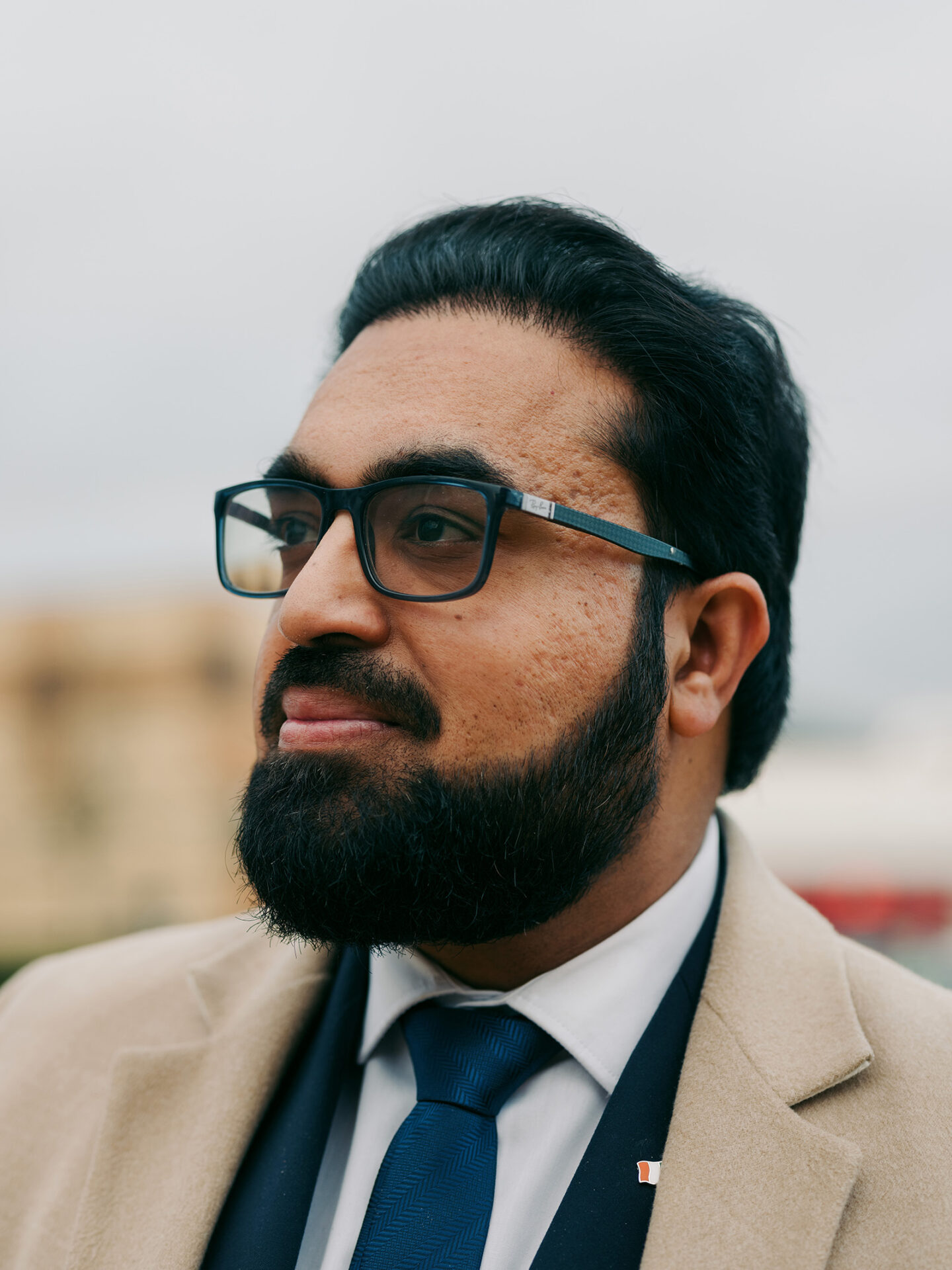
A number of independent candidates have gained prominence by tapping into concerns about immigration, some of them exploiting far-right tropes.
However, immigration is not in the top three concerns for voters in the general election campaign, according to a recent poll. The cost of living, health and house prices were their top three concerns, followed by immigration.
Yet it remains an issue and Dr Al-Qadri is conscious of the need for conversations. He looks at the example of the Netherlands where Geert Wilders’ far-right party has risen. “When it started, people used to laugh and think there is no appetite for this in the Netherlands because Dutch society is a very inclusive society. My concern is that if we make the same mistakes as the Dutch governments, we are going to actually then facilitate an environment where people will be voting for the far right.”
He said it is important to have sensible conversations about sensitive topics like immigration. “I don’t believe in shutting down conversations and debates. I believe in engaging respectfully and constructively in discussions.”
But he has also had to contend with violence. In February he had a planned meeting with two people in west Dublin, but was attacked before returning to his car. He needed medical attention but was not seriously injured. In April, the Garda appealed for witnesses, describing the incident as one where a man was “approached and assaulted by two males”.
The assault has not deterred Dr Al-Qadri from campaigning for change. “That attack did not stop me from running, because I strongly believe that if you are going to try to change the situation and you are up against people full of hatred, you are going to face difficulties, you are going to face challenges.”
 Newsletter
Newsletter

